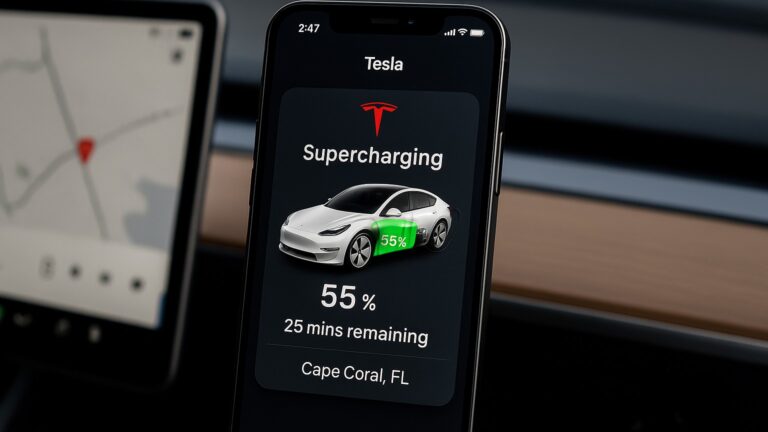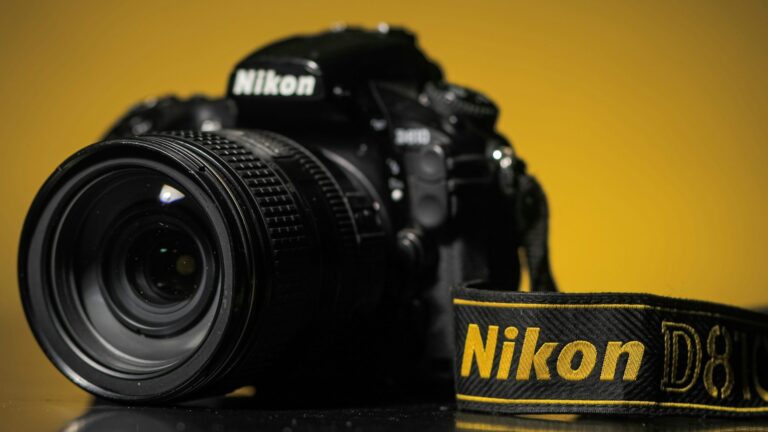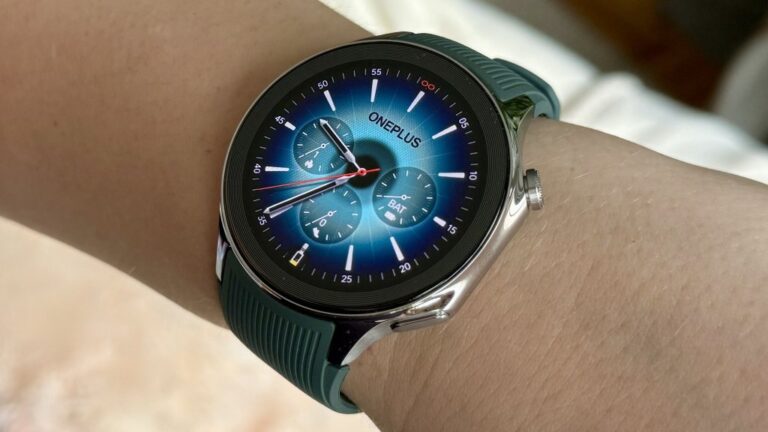Meta Antitrust Trial: Meta Says WhatsApp and Instagram couldn’t be better
In the landmark Meta antitrust trial, Meta claims its ownership has propelled Instagram and WhatsApp to unmatched success, countering the FTC’s argument that the acquisitions stifled competition.

Summary
- Meta argues WhatsApp and Instagram thrive because of Meta’s resources.
- The FTC alleges Meta monopolized social networking by acquiring rivals.
- Judge Boasberg will decide if Meta’s dominance warrants breaking up its empire.
What’s at Stake in the Meta Antitrust Trial?
For six weeks, the FTC presented a vision where Instagram and WhatsApp might have flourished independently, free from Meta’s grip. Meta’s defense argues the opposite: without Meta’s ownership, these platforms could have stagnated or disappeared, missing out on crucial resources and innovation. Meta emphasizes its competition with TikTok and YouTube, saying the real battle is over user attention, not just friends-and-family connections.
Key Witness Testimonies in Meta Antitrust Trial
WhatsApp cofounder Brian Acton testified that WhatsApp never planned to become a Facebook-like social network, highlighting its focus on private messaging. Acton acknowledged that while WhatsApp might have continued to expand, its core “No Ads! No Games! No Gimmicks!” philosophy was never meant to mimic Facebook. Meanwhile, Meta called attention to Instagram’s growth under its stewardship, despite Instagram cofounder Kevin Systrom’s earlier claim that Meta withheld support.
The FTC vs. Meta
The FTC’s case hinges on proving that Meta stifled competition by buying up rivals. They argue that Instagram and WhatsApp could have contributed to a healthier, more competitive social networking landscape. Meta counters that, without its backing, these services might not have survived or evolved as effectively, particularly in a space now dominated by TikTok and YouTube. Judge Boasberg must determine if Meta’s dominance limits consumer choice and innovation or if it’s simply a product of market success.
FAQs
Q: What does the FTC want from the trial?
A: The FTC seeks to break up Meta, potentially forcing it to divest Instagram and WhatsApp to restore competition in social networking.
Q: How does Meta defend its position?
A: Meta claims its acquisitions improved these apps, helping them grow in ways they couldn’t have alone, and that competition comes from platforms like TikTok.
Q: When will the court decide?
A: Judge Boasberg has not set a verdict date, and Meta’s early motion for dismissal was denied, so the case remains under review.






